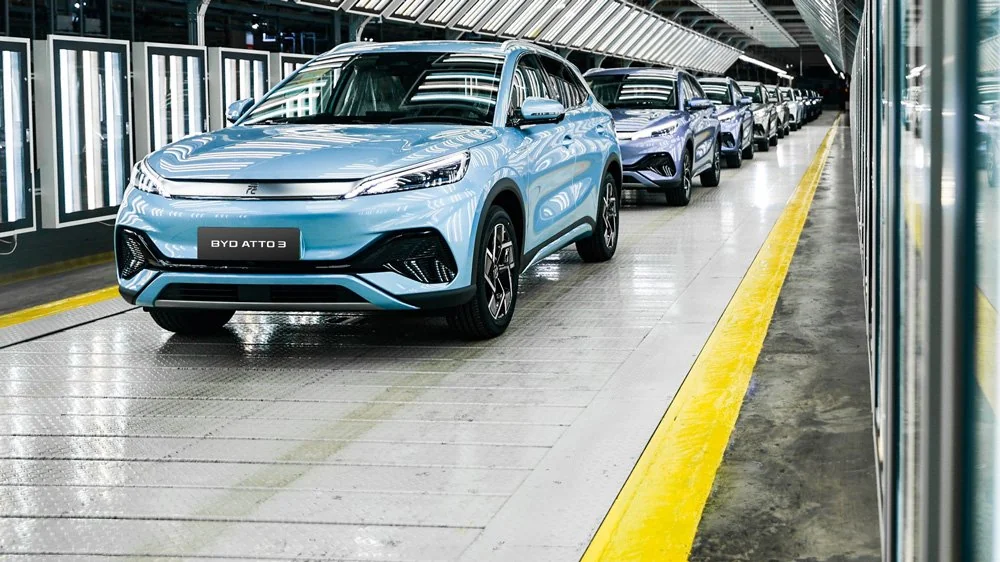(dpa/NAN) A recent report from German insurer HUK Coburg shows a sluggish transition to electric vehicles among German car buyers, indicating that a small fraction of the population is fully embracing electric cars.
According to the report, only 3.9 per cent of private car owners opted for electric vehicles both new and used during the third quarter of this year.
The report reveals that the share of battery-powered cars within the private vehicle fleet saw a modest increase of just 0.1 per cent between July and September, reaching a total of 2.9 per cent.
As the market leader in motor vehicle insurance in Germany, HUK covers nearly 14 million insured vehicles.
The company analysed data from hundreds of thousands of drivers registering vehicles annually, retroactively calculating electric car rates in the private vehicle sector since early 2020.
In spite of a broader range of electric vehicle models and technical advancements, the shift to electric vehicles this year has regressed to 2021 levels.
This particularly followed the government’s decision to eliminate purchase incentives.
The company predicts that the overall national share of electric cars may grow at a slower pace this year compared to the previous four years.
The evaluation also reveals that over one-third of previous electric car owners have chosen combustion engines for their next vehicle purchase this year, raising concerns about a potential “fundamental acceptance problem” within the market.
Meanwhile, a representative survey conducted by YouGov, involving 4,147 participants, found that 17 per cent expressed intentions to transition from combustion engines to electric motors within the next two years.
However, even if these respondents follow through on their plans, HUK’s calculations indicate that Germany would still fall short of its target of 15 million purely electric cars by 2030. (dpa/NAN)





